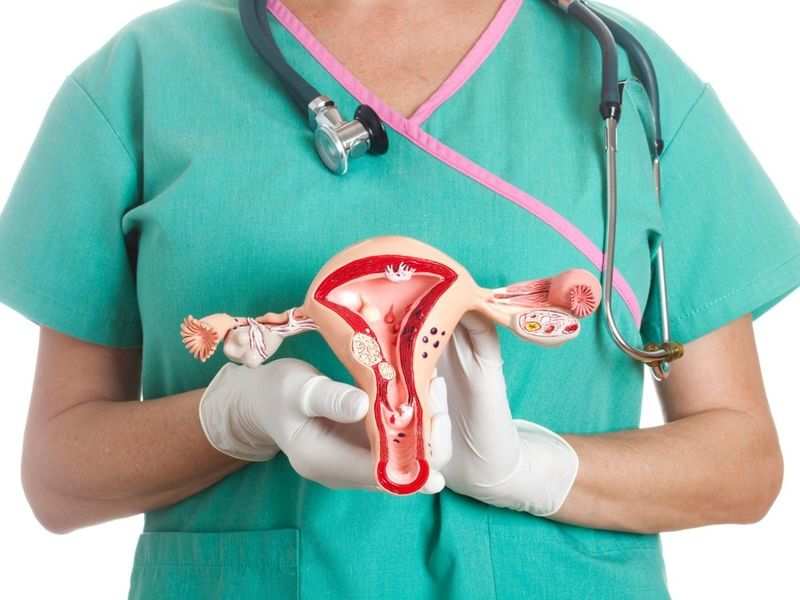
Getting a Pap Smear: How Often Are They Necessary?
Topic: Getting a Pap Smear: How Often Are They Necessary?
Receiving a pap smear can be anything but comfortable. For this reason, they might get put off, or a change in provider might cause a deviation from the schedule. While many rely on their doctors to tell them when they need their next pap smear, they are important to keep track of. Pap smears that are performed on a regular basis assist medical professionals in detecting high-risk forms of HPV, which may lead to cervical cancer.
Understanding HPV and its Link to Cervical Cancer
HPV is recognized as a group of viruses that may be spread through anal, vaginal, and oral sexual encounters. There are more than 100 types of viruses, and they are rather common among individuals who are sexually active.
Many cases of HPV are non-eventful and may even resolve within a few months or a couple years. However, for women, there is a chance they may cause cervical cancer in some cases. For example, chronic HPV infections have been linked to cervical cancer. There are different types of HPV, and at least 14 of them can cause cancer and are labeled as high-risk. Early detection is key, allowing medical professionals time to intervene. A pap smear aids in this process, effectively screening for high-risk types of HPV along with cervical cancer.
How Often is it Necessary to Receive a Pap Smear?
Cervical cancer moves at a slower rate than some other types of cancers, so doctors have recommended intervals that women should schedule pap smears. For example, for women over the age of 21, pap smears are recommended every 3 years until the age of 30. However, for women between 30-65 years of age, pap smears can be performed once every five years. When a woman is over the age of 65, she will not need to be screened any longer. This is contingent on if previous tests come back normal or a total hysterectomy that was unrelated to cancer has been performed. Otherwise, pap smears may need to be scheduled.
Key Takeaway
Although sometimes uncomfortable and a bit unpleasant, pap smears are a necessary part of every woman’s healthcare. They help detect forms of HPV that are high-risk and may lead to cervical cancer. The detection of pre-cancerous cells allows physicians to act quickly and provide the medical intervention necessary to help produce the best outcome possible.
Topic Discussed: Getting a Pap Smear: How Often Are They Necessary?



